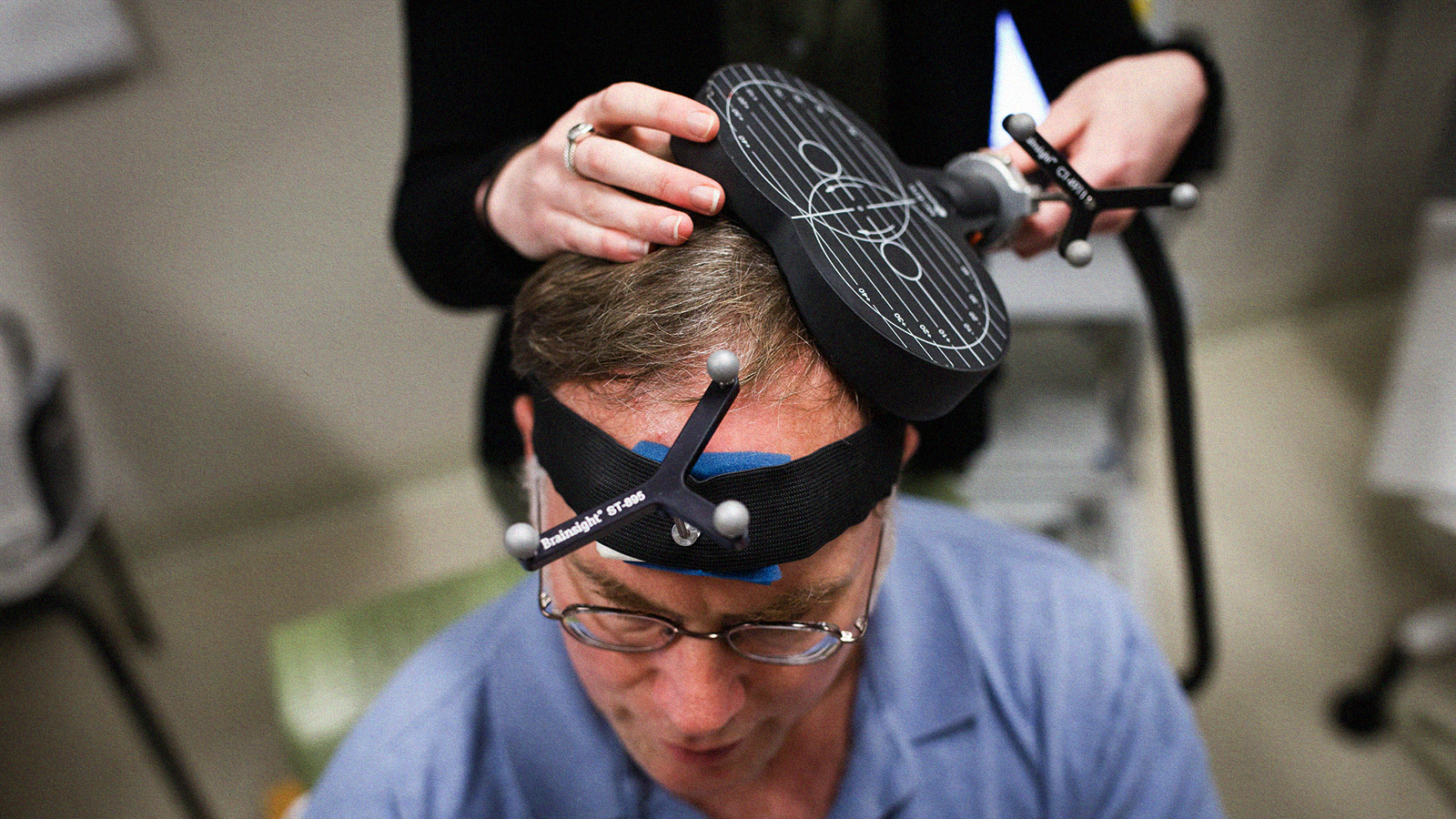The Ethics of Designer Brains
Our power to manipulate our brains and genes is increasing dramatically – and it raises serious ethical questions.

Sign up for Big Think on Substack
The most surprising and impactful new stories delivered to your inbox every week, for free.
Our values as a society will determine which psychopharmaceuticals and (down the road) which genetic enhancement technologies we choose to develop and how we use them.
That’s what concerns Dr. Paul Root Wolpe, senior Bioethicist at NASA and a pioneer in the field of neuroethics. Peering into his children’s and grandchildren’s future, he sees an America that rewards competitiveness and productivity over relationship-building, and suspects that future generations will face intense pressure to enhance their minds and bodies in unhealthy ways.
The politics of technophilia vs technophobia aside, our power to manipulate our brains and genes is increasing dramatically – and it raises serious ethical questions.
Sign up for Big Think on Substack
The most surprising and impactful new stories delivered to your inbox every week, for free.





